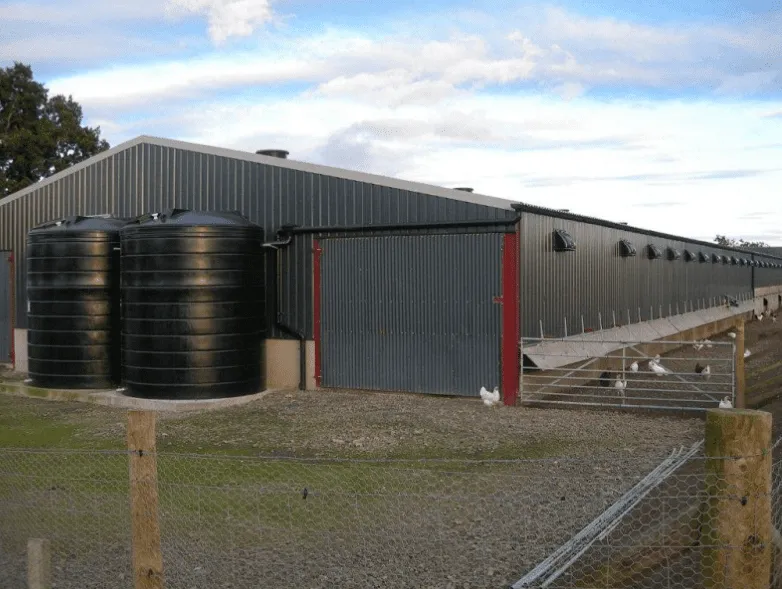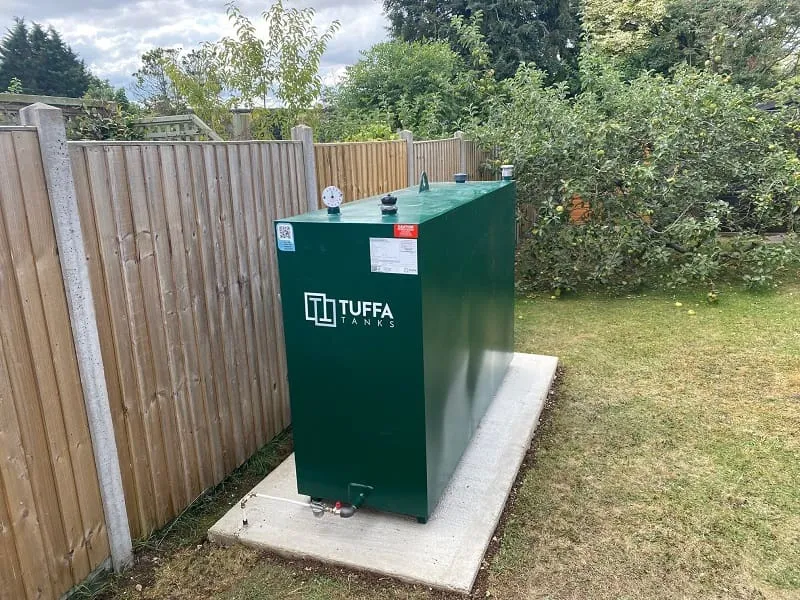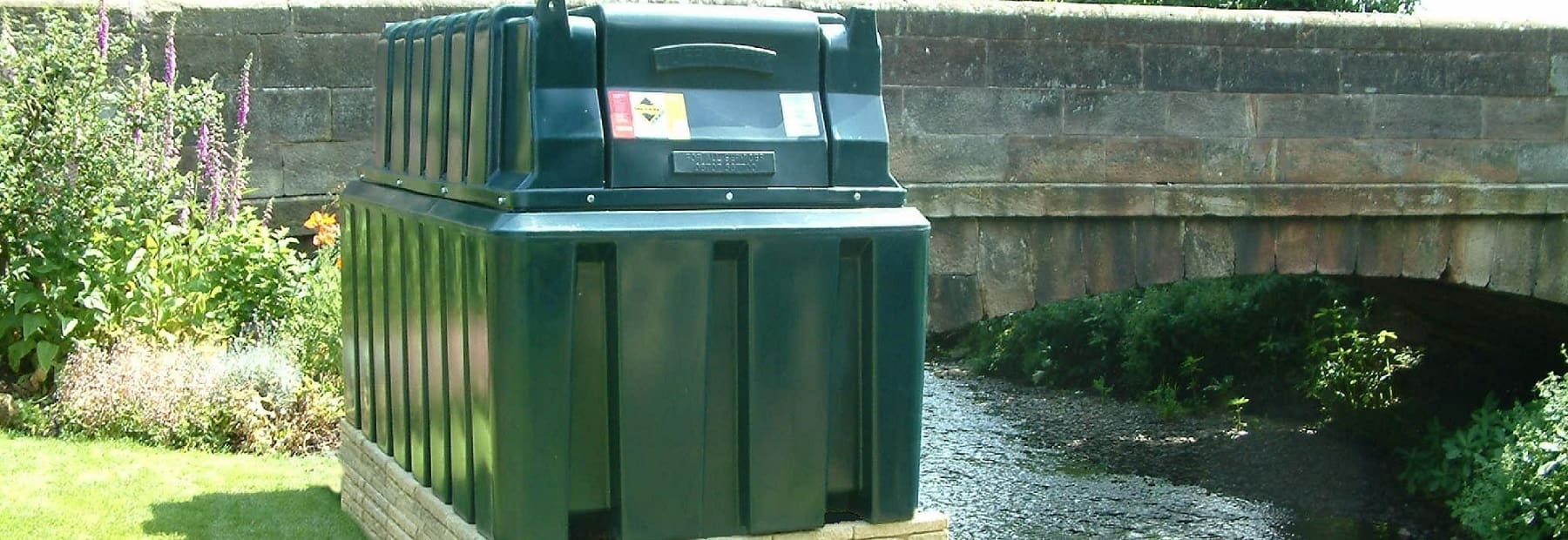As a business owner, it is important to be aware of how to properly dispose of Adblue when it has expired. Adblue is a vital component in reducing emissions from diesel engines, but if it is not disposed of correctly, it can be hazardous to the environment. In this blog post, we will discuss how to dispose of Adblue safely and responsibly.
What is Adblue made from?
Adblue is a water-based urea solution that is used to reduce emissions from diesel engines. It is made up of 32.50% urea and 67.50% deionized water, and it is non-toxic and biodegradable.
Whilst Adblue itself isn’t toxic, the urea solution in the mixture contains ammonia, which is corrosive to some metals. It is also important to remember to avoid contact with your skin, as it can cause irritation.
The risks of storing Adblue incorrectly
Adblue solutions will naturally degrade over time, which is why they’re usually given a specific use-by date. However, if you don’t store Adblue in the right conditions it can speed up the degradation process and shorten its shelf life.
In extremely low temperatures, Adblue can expand and cause sealed pipework and containers to crack. If the container cracks and Adblue spills into the local environment it can be very harmful to wildlife and can contaminate drainage systems.
Adblue can also degrade in high temperatures, which can cause it to release ammonia gas. If this gas is inhaled it can be extremely dangerous and even fatal.
How do you know if Adblue has expired?
The best way to tell if Adblue has expired is to check the expiration date on the bottle, container or drum. If it has passed its use-by date, then it is no longer effective and needs to be disposed of. As a rule of thumb, AdBlue can be stored in IBCs or tanks for around one year.
Adblue can also start to degrade in quality over time even if it hasn’t reached its expiration date. Signs that Adblue may have gone bad include a change in colour, a change in smell, or the formation of crystals or particles. If you notice any of these signs, then it’s best to dispose of the solution immediately.
How do you dispose of Adblue that has expired?
If you have a large volume of expired Adblue that needs to be disposed of, the best option is to take it to an approved waste disposal facility. There are a number of these facilities around the country, so contact your local council or search online for one near you.
You can cause harm to the environment if you don’t dispose of expired Adblue properly. For example, if AdBlue accesses waterways such as streams and rivers it can harm fish, other aquatic life and animals drinking the polluted water. You should also never pour Adblue onto the ground or into waterways as this can contaminate soil and water supplies.
Taking your expired Adblue to a dedicated waste treatment facility gives you peace of mind that it will be disposed of safely and responsibly. The facility will treat the Adblue to break it down into harmless compounds before disposing of it in a landfill.
How to store Adblue safely and maintain its shelf life
If you’re not going to use all of your Adblue solution within its expiration date, there are a few things you can do to keep it in good condition.
- Store the container or bottle in a cool, dark place.
- Keep the container tightly sealed when not in use.
- Don’t let the container freeze or overheat
- Use a bunded Adblue tank to prevent harmful spillages
If you follow these tips, you can help to prolong the life of your Adblue and ensure that it is always effective when you need it. Check out our comprehensive guide to Adblue storage tanks for more ways to safely store your Adblue solution and protect your investment.






























